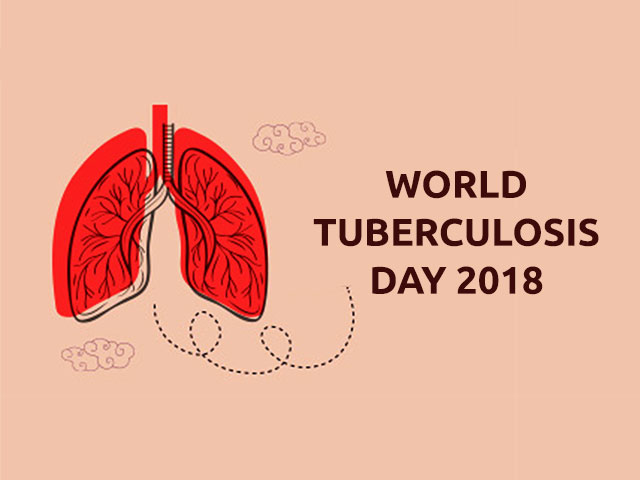It is World Tuberculosis Day today, and each year, 24th March is celebrated as the day that is recognized the world over as the day to bring over attention and raise awareness about this disease that has very serious and potentially fatal effects.
The reason this day is marked as World TB day is because in the year 1882, Dr. Robert Koch made an announcement that he had discovered the bacterium that was responsible for causing TB, which helped doctors and scientists to find out ways to diagnose the disease and try and cure it.
What is tuberculosis?
Tuberculosis is a type of contagious infection that affects your lungs. Once it starts to spread, it can also affect other parts of your body such as your brain and your spine.
Here’s what causes tuberculosis

Image Credit: houstonsinusandallergy
The mycobacterium tuberculosis bacteria cause tuberculosis and can spread mainly through the air, when the bacteria spread from one infected person and contaminates another. It can especially happen when a sick person coughs, sneezes, talks or laughs out loud, and tiny droplets are released into the air. These can then spread over to someone nearby and contaminate them as well.
Once you breathe in these germs, you too can get contaminated with tuberculosis. These germs do not survive on a surface which means that the disease cannot be passed on by shaking hands, touching surfaces or by sharing your drink or food.
Spot the signs
Some of the most common signs and symptoms are:
- Pain in the chest
- Coughing that lasts for more than three weeks
- Feeling tired or exhausted even when you rest
- Fever and chills
- Night sweating
- Blood droplets while coughing
- Loss of appetite
- Weight loss
Diagnosis and treatment
Your doctor will do a physical examination to check your lymph nodes and see if there is any swelling and will also listen to your breathing. Your doctor may also refer blood tests or skin tests, as well as a kind of test where a substance is injected below the surface of the skin.
The treatment can be a complicated and lengthy process, often taking months and years, but it is important to complete the entire course.
If you feel you have any of the above symptoms, or if you have a cough that has been persistent for a few weeks now, please get in touch with your doctor and get the required tests done.
Read Also: Why Should We Complete An Antibiotic Course?
DISCLAIMER: While we have taken steps to check the accuracy of information & practices shared here; it is not a replacement for a doctor’s opinion. it is important to first always check with your own doctor before trying any medication, practice or suggestion from this site.














